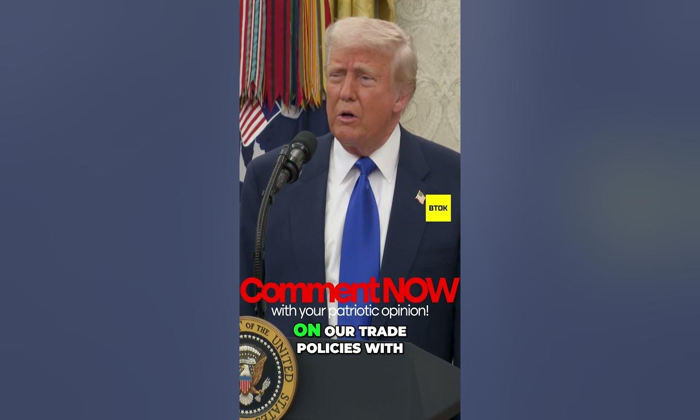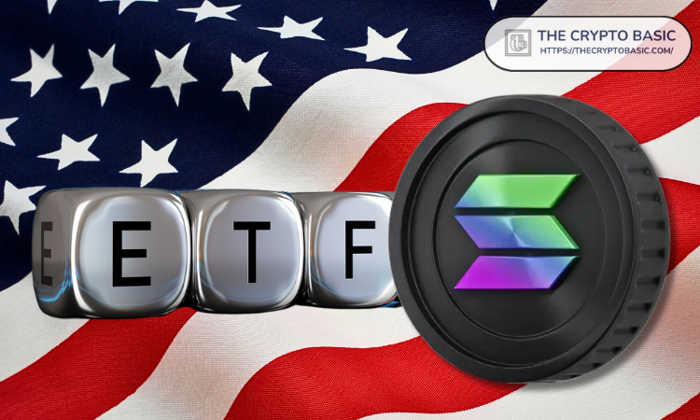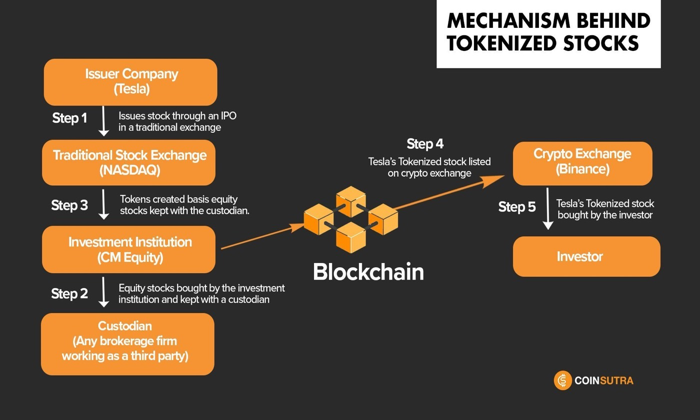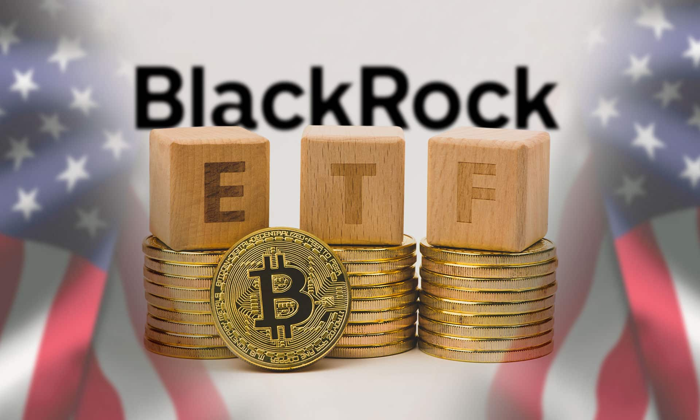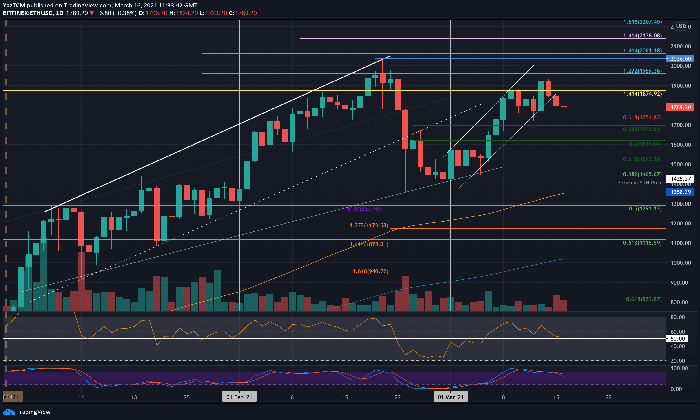The ongoing discussions surrounding the China trade deal have captured the attention of businesses and investors alike, amid the turbulent backdrop of US-China trade talks. Recently, the White House has proclaimed that significant strides have been made toward reaching an agreement, although actual details remain elusive. This ambiguity has bred uncertainty in financial markets, as stakeholders eagerly await the White House trade announcement that could reshape trade dynamics. Concurrently, Trump’s tariffs continue to exert pressure on the economy, complicating trade policy and heightening concerns about their long-term impact. As the dialogue progresses, the question looms: will the anticipated trade deal be the catalyst for stability, or will it exacerbate trade policy uncertainty further?
The discussions focused on economic agreements between the United States and China, often referred to as the US-China trade negotiations, are vital in determining the future of international trade relations. With claims of making substantial progress echoed by officials, industry leaders are keenly observing the developments following the latest White House proclamations. The potential for a trade accord could significantly influence market stability, prompting investors to weigh the impacts of existing tariffs against the backdrop of evolving trade policy. As uncertainty reigns, every announcement regarding the negotiations, including details from potential agreements, feeds into the larger narrative of economic interdependence and competition. In this ever-shifting landscape, the stakes are high, and the anticipation of a conclusive trade arrangement continues to shape financial market strategies.
Progress in US-China Trade Talks and Investor Reactions
The recent announcement from the White House about making ‘substantial progress’ in the US-China trade talks has been met with mixed reactions from investors. While Treasury Secretary Scott Bessent highlighted the productive nature of the discussions, the absence of specific details regarding a formal trade deal left many investors with lingering doubts. This uncertainty is particularly alarming given the historical fluctuations caused by various announcements regarding tariffs and trade policies, leading to speculation about the overall direction of the negotiations affecting financial market stability.
Investors are particularly attuned to such developments as trade policy uncertainty can have far-reaching consequences on market performance. The vague assurances provided by government officials do little to instill confidence, as traders continue to weigh the impacts of Trump tariffs on their portfolios. Markets are inherently sensitive to geopolitical developments, and without concrete information on a trade deal, many are holding back on making significant investments, leading to a cautious atmosphere in trading environments.
Frequently Asked Questions
What is the current status of the China trade deal negotiations?
As of now, the China trade deal negotiations have reportedly made ‘substantial progress,’ according to the White House. However, no official agreement has been announced, leading to uncertainty among investors about the actual terms of the deal.
How do Trump’s tariffs affect the China trade deal?
Trump’s tariffs have created significant volatility in the markets, impacting the overall sentiment towards the China trade deal. While some tariffs have been lifted or exempted for selected tech products, ongoing uncertainty about trade policies continues to put pressure on financial markets.
When will we know more details about the China trade deal?
The White House has stated that more details regarding the China trade deal will be announced soon, with Treasury Secretary Scott Bessent indicating that productive talks took place. Investors are eagerly awaiting updates that could provide clarity to the evolving trade policy.
What impact does trade policy uncertainty have on financial markets?
Trade policy uncertainty significantly affects financial markets, as investors are often hesitant to commit to riskier assets amid fluctuating tariffs and trade negotiations. This uncertainty resulted in market chaos and ongoing adjustments in asset valuations.
What are some of the consequences of the US-China trade talks?
Consequences of the US-China trade talks include market volatility, shifts in tariff policies, and investor uncertainty that may hinder future investments in markets such as technology and cryptocurrencies. These ongoing discussions continue to play a pivotal role in shaping trade relations and economic stability.
| Key Points |
|---|
| The White House announced ‘substantial progress’ in US-China trade talks without an official deal details, raising investor doubts. |
| Treasury Secretary Scott Bessent confirmed productive talks, but did not explicitly mention a deal during his statement. |
| Concerns about market volatility persist as Trump’s tariffs continue to impact financial markets, drawing criticism. |
| Recent announcements of tech product tariff exemptions were quickly retracted by US Commerce Secretary Lutnick, exemplifying inconsistent tariff policies. |
| The lack of clear, comprehensive trade policy raises significant questions about the future of US-China relations and market stability. |
Summary
The China trade deal remains a topic of significant concern as the White House asserts ‘substantial progress’ has been made in discussions, yet concrete details remain scarce. Investors are left in a state of uncertainty, as the lack of a formal agreement fuels apprehension regarding market stability. As the situation develops, it is crucial to monitor further announcements and the potential implications for both Chinese and American economies.
The China trade deal remains a hot topic as the White House claims substantial progress in the ongoing US-China trade talks. Despite positive statements, the lack of concrete details on the agreement has left both analysts and investors questioning what this means for future relations. The frequent White House trade announcements have captured attention, but without a solidified deal, questions around Trump tariffs and their implications continue to fester. Financial market impact remains a focus, as uncertainties in trade policy could swing investor sentiment dramatically. As markets grapple with the potential outcomes, many are left wondering if this elusive trade deal will ever come to fruition.
The discourse surrounding trade agreements between the United States and China has gained momentum, with significant discussions indicating a possibility of resolution. The ongoing negotiations have raised eyebrows within financial circles, as stakeholders evaluate the implications of recent announcements from the White House. Despite the optimism depicted in official comments, investors remain apprehensive about the lack of a definitive accord, particularly in light of fluctuating trade tariffs. Consequently, the interplay between these trade policies and their effects on financial markets is under close scrutiny. As uncertainty looms, the question remains whether these trade dialogues can ultimately provide the clarity the market desperately seeks.
